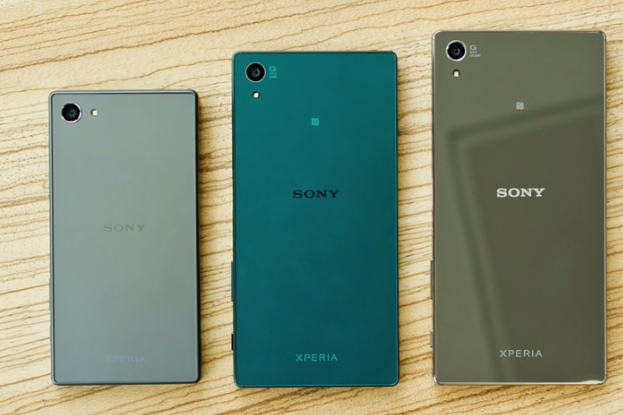Sony is starting a pioneering technology in wireless charging after the company patented software that will let phone users share battery power from nearby devices.
According to recent leaks, the Japanese company Sony is working on a new patent that will enable devices to charge up using wireless sharing technology. The schematics of the upcoming technology were leaked online, showing the process of two nearby phones sharing battery power.
The patent was first revealed by What A Future, which is specifically US 20170064283 patent application. In addition to the report, Sony is also developing the wireless transferring of power to other household devices such as refrigerator, television, computer, washing machine, microwave ovens, etc.
The devices will integrate antenna systems, which should place at least two antennas on the devices' parts. One of the antennas will be intended for wireless electricity transfer while the second one for data transfers.
Android Headlines reported that the antennas would be "connected and configured based on a graphical user interface on both devices." Through the NFC (Near Field Communication) inside the devices, users can either send data via NFC or share power between devices. The NFC is a common feature in Sony smartphones that enable features such as wireless payments.
'The method comprises identifying a plurality of antenna systems including at least a first antenna system and a second antenna system,' inventors wrote in the United States Patent Application.
The two antennas found inside the devices can enable users to choose which to receive power from and which to receive data from. Also, the patent follows that connecting to exchange power and data between phones will be the same way as searching for a Wi-Fi network.
There are limits to this technology such as plugging a device first into a wall socket before it can send power wirelessly, which should address the issue on stealing phone battery from another device without their knowledge.
The latest patent filed in U.S. appears to be a developed version of an earlier application from back in 2014. However, the said application does not mean that the technology will be released soon.



























